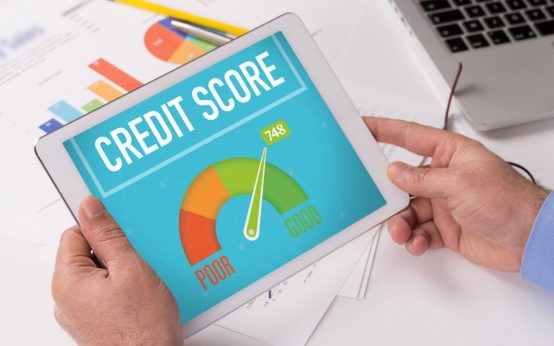
Whether you’re starting from scratch or rebuilding your credit, following these strategies can help you establish a solid credit history and improve your score.
Understanding Credit Scores
A credit score is a three-digit number used by lenders to assess your creditworthiness. The two main scoring models are FICO and VantageScore, both ranging from 300 to 850. A score of 700 or higher is considered good and opens the door to lower interest rates and better credit card offers.
Why Good Credit Matters
Good credit affects many aspects of life, from securing loans for big purchases like homes and cars to getting favorable terms on credit cards and even influencing rental applications. It’s a measure of your financial responsibility and impacts your ability to borrow money and the interest rates you’ll pay.
Steps to Build Credit
- Get a Secured Credit Card: A secured credit card requires a deposit, which serves as your credit limit. Using this card responsibly and making on-time payments will help establish your credit history.
- Apply for a Store Card: Many retailers offer store credit cards even to those with no credit history. Ensure the retailer reports to credit bureaus and use the card for small, manageable purchases.
- Credit-Builder Loan: These loans are designed to help you build credit. The lender holds the loan amount in an account while you make payments. Once the loan is paid off, you get the money, and the lender reports your payments to the credit bureaus.
- Become an Authorized User: Ask a family member or friend with good credit to add you as an authorized user on their credit card. This can help you build credit without the responsibility of the primary account.
- Report Rent and Utility Payments: Services like Experian Boost can add your rent and utility payments to your credit report, helping you build credit without taking on debt.
- Open a Checking Account with Experian: Experian’s Smart Money digital checking account helps build credit by reporting on-time payments for rent, utilities, and streaming services.
Managing Credit Wisely
- Pay On Time: Your payment history is the most significant factor in your credit score. Always pay your bills on time to avoid negative marks on your credit report.
- Keep Balances Low: Credit utilization, or the amount of credit you’re using compared to your limit, should be kept below 30%. This shows lenders you can manage credit responsibly.
- Limit New Credit Applications: Each application for new credit can result in a hard inquiry on your credit report, which can temporarily lower your score. Apply for new credit only when necessary.
- Monitor Your Credit Report: Regularly check your credit report for errors or signs of identity theft. You’re entitled to one free report from each of the three major credit bureaus annually.
Improving Your Credit
If you already have some credit history but need to improve your score, the following strategies can help:
- Set Up Automatic Payments: Ensure you never miss a payment by setting up automatic payments for your bills.
- Request a Credit Limit Increase: Increasing your credit limit can improve your credit utilization ratio, as long as you don’t increase your spending.
- Pay Down Existing Debt: Focus on paying down your highest interest debts first. This will lower your credit utilization and free up money for other payments.
- Consult a Credit Counselor: A professional can help you create a plan to improve your credit. Nonprofit agencies often offer free or low-cost counseling services.
Rebuilding After Bankruptcy
Rebuilding credit after bankruptcy is similar to starting from scratch. Use the same methods to establish new credit and make sure to keep all accounts in good standing.
Conclusion
Building and maintaining good credit takes time and discipline. By following these steps and using credit wisely, you can establish a strong credit history that will benefit you for years to come. Remember, good credit opens many financial doors, making it easier to achieve your financial goals.



 Learn about the best companies to consider investing in the midst of an inflation boom
Learn about the best companies to consider investing in the midst of an inflation boom  How to improve credit for any financial circumstance
How to improve credit for any financial circumstance  How long of a credit history is required to purchase a home?
How long of a credit history is required to purchase a home?